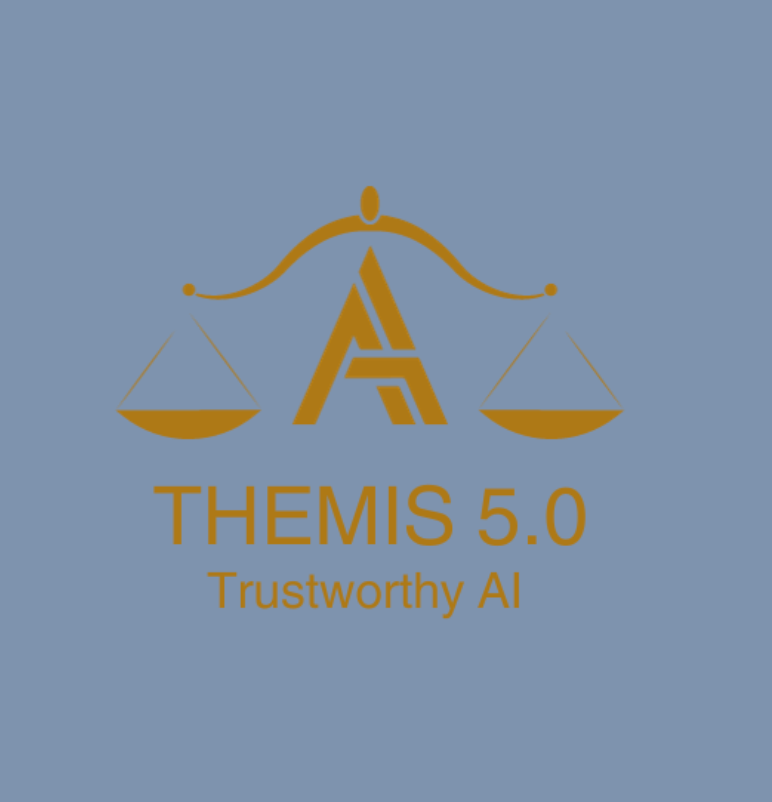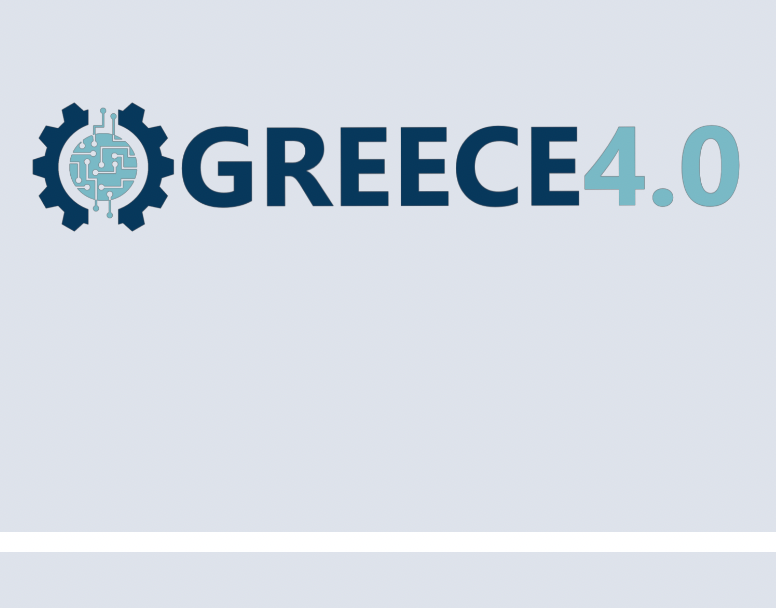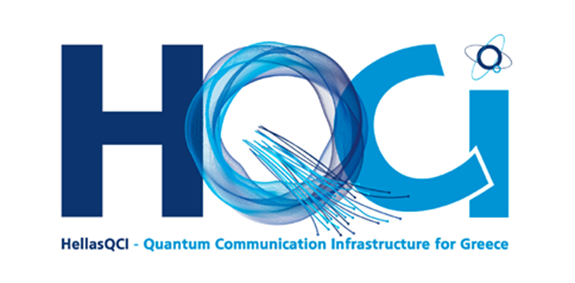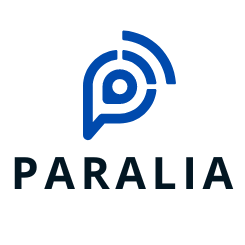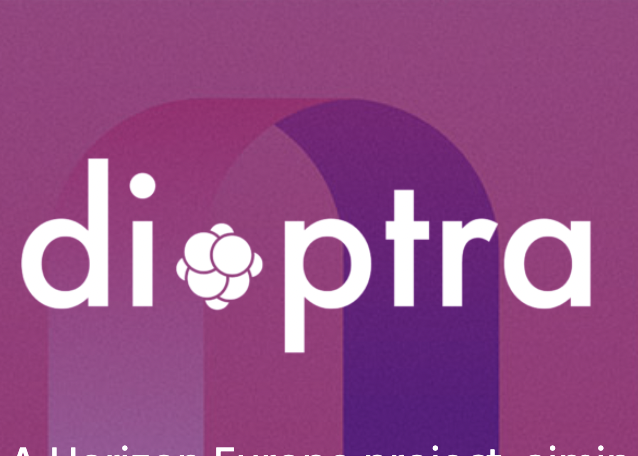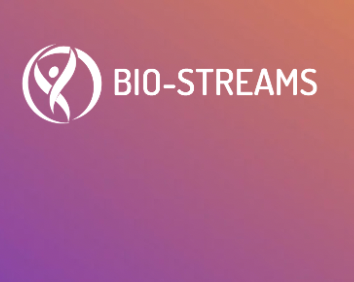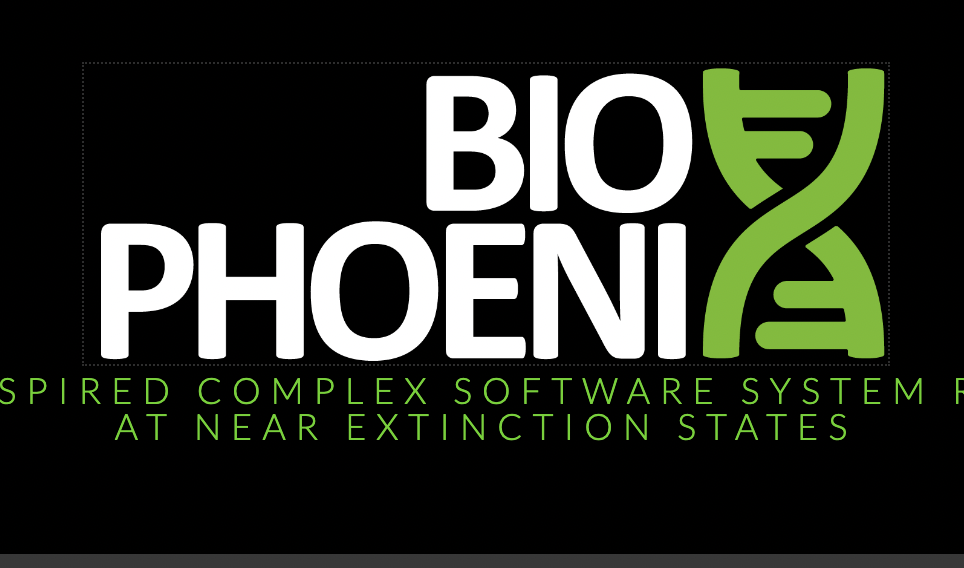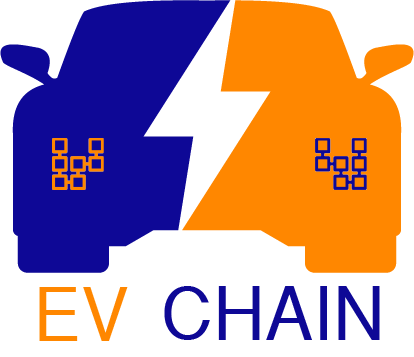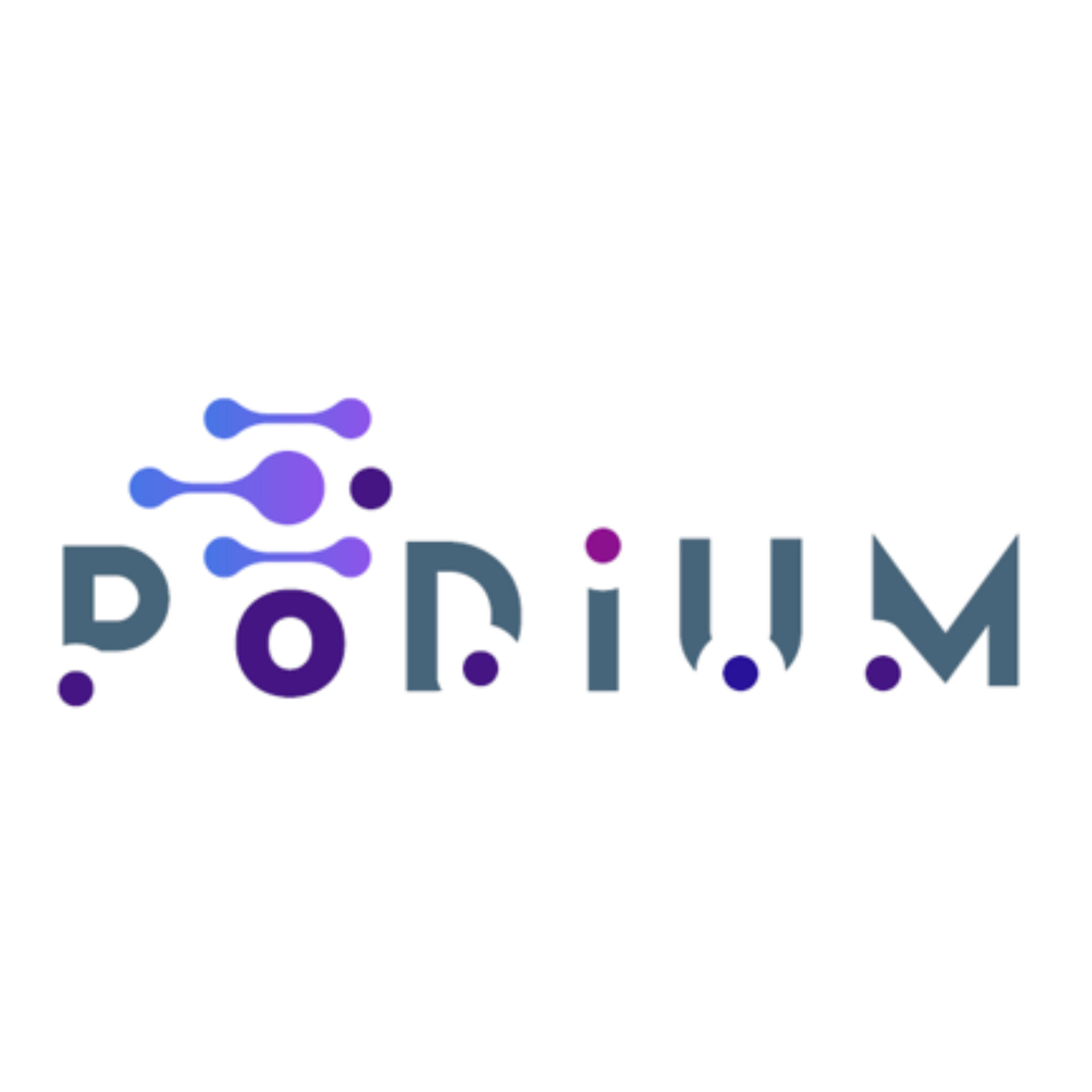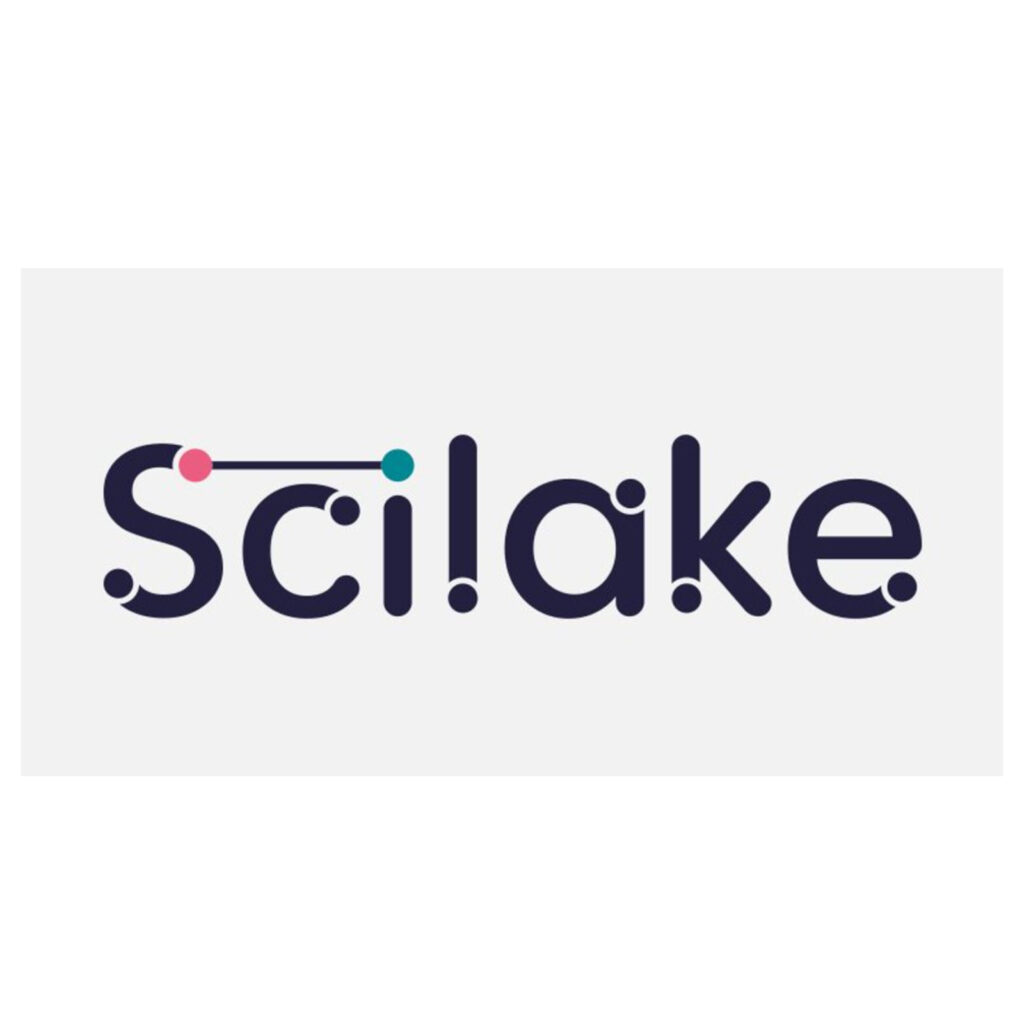WASABI aims at providing SMEs with the tools and knowledge to improve workers capacities and performance, providing advanced user interfaces for [...]
THEMIS 5.0 draws researchers and practitioners from diverse disciplines in order to secure that AI-driven hybrid decision support is trustworthy [...]
Greece4.0 is a Network of Excellence for the Development, Dissemination and Application of Digital Transformation Technologies in the Greek Manufacturing Industry. The [...]
TERA6G: “TERAhertz integrated systems enabling 6G Terabit-per-second ultra-massive MIMO wireless networks”. PCRL participates in the TERA6G Project. TERA6G aims at [...]
HellasQCI: “Deploying advanced national QCI systems and networks in Greece”. PCRL participates in the HellasQCI Project. HellasQCI project aims to [...]
PARALIA: “Photonic Multi-beam Beamforming Technology enabling Radar/Lidar Multisensor Fusion platforms for Aerospace and Automated Driving applications”. PCRL participates in the [...]
SoftGrip Project came into existence to bring about a technological shift to the fresh food industry. The implementation of Artificial Intelligence innovation [...]
Early Dynamic Screening for Colorectal Cancer via Novel Protein Biomarkers Reflecting Biological Initiation Mechanisms. DIOPTRA seeks to revolutionize colorectal cancer [...]
Bio-Streams constitutes a holistic solution addressing all checkpoints on: Health data management (i. collection, ii. curation, iii. de-identification, iv. harmonization, [...]
BIO-PHOENIX is a EU H2020 project funded by the Marie Skłodowska-Curie RISE action, has a budget of 1,324,800€ and a [...]
DECIDO (eviDEnce and Cloud for more InformeD and effective pOlicies) enables PAs to take full advantage of shared data, analytical [...]
Multidisciplinary Expert System for the Assessment & Management of Complex Brain Disorders (MES-COBRAD). The Multidisciplinary Expert System for the Assessment [...]
The holistic EV-CHAIN solution will play a central role in all the transactions taking place in the electric vehicles charging [...]
The 6Green project aims to conceive, design, and realize an innovative service-based and holistic ecosystem, able to extend “the communication [...]
Hexa-X-II is a flagship European 6G project, with the ambition of designing a holistic 6G network platform and system towards [...]
Creative Drivers for sustainable living heritage landscapes. PALIMPSEST takes inspiration from the original meaning of the Greek word παλίμψηστος (palimpsestos, [...]
Enhancing Integration and Interoperability of CCAM eco-system The IN2CCAM consortium, according to the vision of Horizon Europe framework programme for [...]
PDI connectivity and cooperation enablers building trust and sustainability for CCAM PoDIUM is a new project under ERTICO’s Connected, Cooperative & [...]
Λεπτομέρειες Έργου: Όνομα: SciLake Ερευνητική Ομάδα: Intelligent Transport Systems (ITS) Έτος: 2023 Ρόλος του ICCS: Εταίρος Democratising [...]
SEAMLESS will develop and adapt missing building blocks and enablers into a fully automated, economically viable and cost-effective, [...]



